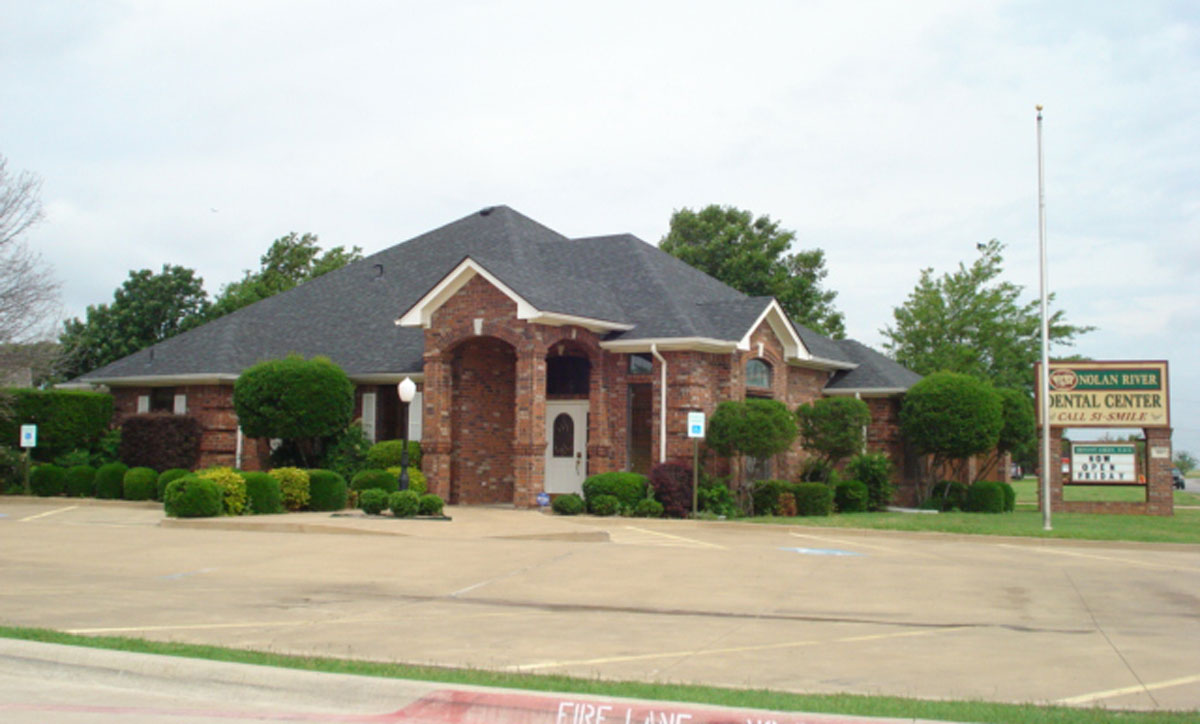An abscessed tooth most likely will not go away on its own. If the symptoms become severe or exist for an extended period of time, then you may need to visit an emergency dentist to promptly treat the dental abscess. There are different treatment options an emergency dentist may recommend to treat an abscessed tooth.
Reviewing how an emergency dentist can treat an abscessed tooth
An emergency dentist can treat an abscessed tooth by draining the abscess, removing the infection portion of the tooth root, or by extracting the tooth, depending on how severe the dental abscess is and what other concerns the tooth may have. This review discusses what an abscessed tooth is and how an emergency dentist can treat it.
What is an abscessed tooth?
An abscessed tooth, also called a dental abscess, is a pocket of pus that typically results from a bacterial tooth infection. A tooth infection and subsequent dental abscess can occur when the root of the tooth is exposed, such as when there is deep tooth decay, a tooth crack, and severe gum recession.
What are the symptoms of an abscessed tooth?
Some instances of an abscessed tooth begin with minor symptoms that progressively worsen. An abscessed tooth can become incredibly painful if left untreated for too long. The most notable symptoms of an abscessed tooth include:
- A severe toothache
- Tooth sensitivity
- Swelling of the gums
- Swollen lymph nodes
- Fever
It is important to seek emergency dental treatment if any symptoms do not go away within a day or suddenly worsen. Otherwise, the infection could spread to other parts of the mouth and put the long-term health of the tooth in jeopardy.
How can an emergency dentist treat an abscessed tooth?
In many instances, the goal of abscessed tooth treatment is to drain it. This involves the emergency dentist making a small incision into the abscess and allowing the pus to drain. They then cleanse the area with a saline solution. However, draining the dental abscess is not always an option. In some cases, the dentist may recommend a root canal or tooth extraction if the abscess or other issues with the tooth are severe. The dentist may also prescribe antibiotics to kill the bacterial infection.
What to expect after abscessed tooth treatment
The recovery process depends on the method of dental abscess treatment. The patient may need to arrange for a ride home, particularly if the procedure involves the use of an anesthetic. It is also important to keep the mouth clean after an abscessed tooth through good oral hygiene. A diet of soft foods and water may be necessary for a few days after treatment.
Are you experiencing severe symptoms of an abscessed tooth?
Here at our emergency dental practice, we can treat an abscessed tooth to alleviate the pain and prevent severe long-term concerns such as tooth loss. Give us a call today if you are experiencing severe symptoms of an abscessed tooth, and we can guide you through the treatment process.
Are you considering an emergency dentist in the Cleburne area? Get more information at https://www.nolanriverdentalcenter.com.
Check out what others are saying about our dental services on Yelp: Emergency Dentist in Cleburne, TX.
Related Posts
What to Do If a Toothache Starts Overnight
The pain caused by a toothache can be particularly disturbing. If you get a toothache at night, it may be difficult to fall asleep or stay asleep. Several remedies are available for …
Emergency Dentist Visit for Children
Looking for an emergency dentist in case your child experiences a dental emergency? It is a good idea to plan ahead of time. While some pediatric dentists offer emergency dental services, not …
Preventive Treatment To Deter Dental Emergencies
Oral issues that require immediate treatment are considered dental emergencies. Such problems can seems to occur at the worst moments possible, forcing someone to take time out of a busy daily …
When to Go to the Emergency Dentist for an Infected Tooth
An emergency dentist is a great resource to make use of when dealing with an infected tooth. If infections go ignored, they can become significantly worse. There are a lot of signs to look out …



